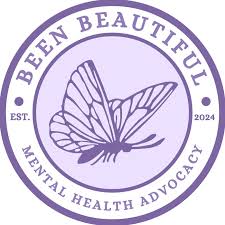Many students across the globe read out of pure enjoyment and curiosity. They find pleasure in exploring different genres and discovering new authors. For them, reading is not just a task but a way to escape reality and immerse themselves in captivating stories. However, when teachers and/or school districts take that away, they’re left feeling deprived of their favorite pastime and a sense of freedom.
Throughout the past three years, school districts have begun censoring books in all schools based on their content. As the article by Teacher College at Columbia University states, “While books have stood in the crossfire of political battles throughout history, today’s most banned books address issues related to race, gender identity, and sexuality.” This censorship not only limits students’ access to diverse perspectives and experiences, but it also hinders their ability to develop critical thinking skills and empathy. By removing these controversial books from school libraries, educators are inadvertently promoting a narrow worldview and discouraging open dialogue on important social issues. This undermines the very purpose of education, which is to foster independent thinking and prepare students for the complexities of the real world.
At Danbury High School, we are surrounded by students who despise reading while others enjoy the simplicity of escaping reality. Our English curriculum includes authors such as Shakespeare and Jon Krakauer. Nonetheless, which of these authors can our teachers decide on? Ms. Beal, an English 3 and 4 teacher, explains that she has limited discretion over what she teaches due to curriculum constraints. If teachers had complete control over what they taught, it would not only promote classroom autonomy but also their sense of connection to what they were teaching.
Exposing students to the right kind of literature can develop a lifelong love of reading and critical thinking skills. As Ms. Beal Puts it, “Kids should be exposed to as much literature as possible even if it includes things that don’t align with personal ideals”. Additionally, it can enhance their creativity and imagination. Furthermore, it can broaden their knowledge and understanding of different cultures and perspectives. Afterall, books, regardless of who wrote them or what they are about, reflect current societal issues.




















